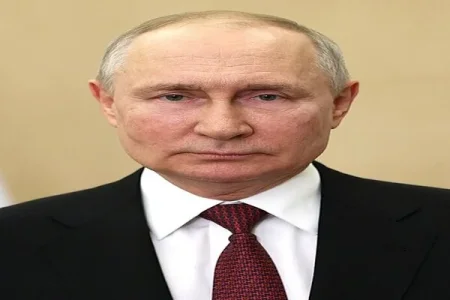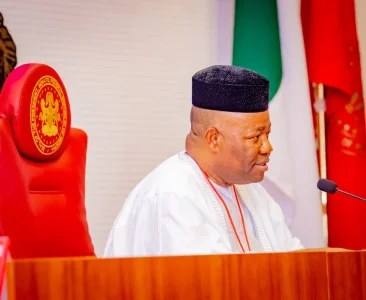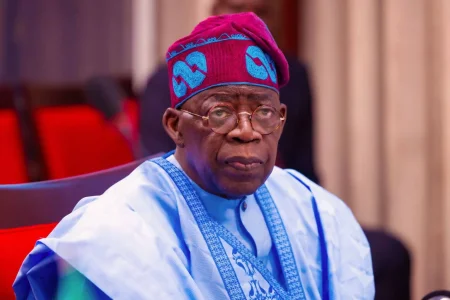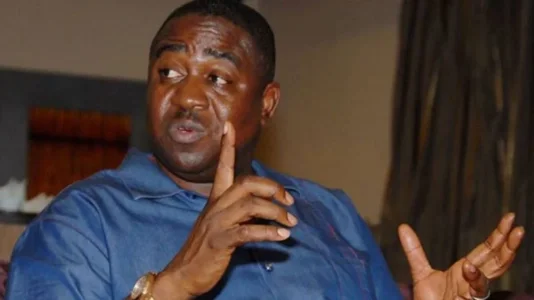
Amidst the celebratory atmosphere within Russia following Vladimir Putin's apparent victory in the presidential election, a starkly different narrative emerged from Western leaders and allies, with several denouncing the electoral process as illegitimate.
Ukraine's President Volodymyr Zelensky wasted no time in dismissing Putin's win, labeling it as illegitimate and emphasizing Putin's insatiable thirst for power. Zelensky's condemnation echoed the sentiments of many, expressing concern over Putin's authoritarian tendencies and disregard for democratic principles.
Similarly, Britain's foreign minister David Cameron criticized the election, citing a lack of choice for voters and the absence of independent monitoring by organizations such as the OSCE. Cameron emphasized that the electoral process fell short of international standards for free and fair elections, casting doubt on its legitimacy.
Italy's Foreign Minister Antonio Tajani echoed these sentiments, declaring that the elections were neither free nor fair. He underscored the importance of seeking a just peace in the face of Russia's ongoing aggression against Ukraine, emphasizing the need for adherence to international law.
Meanwhile, China's congratulatory message to Putin highlighted the complex dynamics of global diplomacy, emphasizing the strategic partnership between China and Russia while sidestepping commentary on the election's legitimacy.
Former Russian leader Dmitry Medvedev and various other allies, including Bosnian Serb leader Milorad Dodik and Venezuelan President Nicolas Maduro, expressed their support for Putin's victory. However, their endorsements were overshadowed by the resounding criticism from Western leaders and the broader international community.
Czech Foreign Minister Jan Lipavsky summed up the sentiment among many critics, labeling the election as a farce and parody. Lipavsky highlighted the suppression of civil society and independent media in Russia, emphasizing the need for greater respect for democratic values.
As Putin prepares to embark on another term as Russia's president, the global reaction underscores the deep divisions and tensions within the international community, with questions lingering over the legitimacy of his rule and the implications for global stability.



